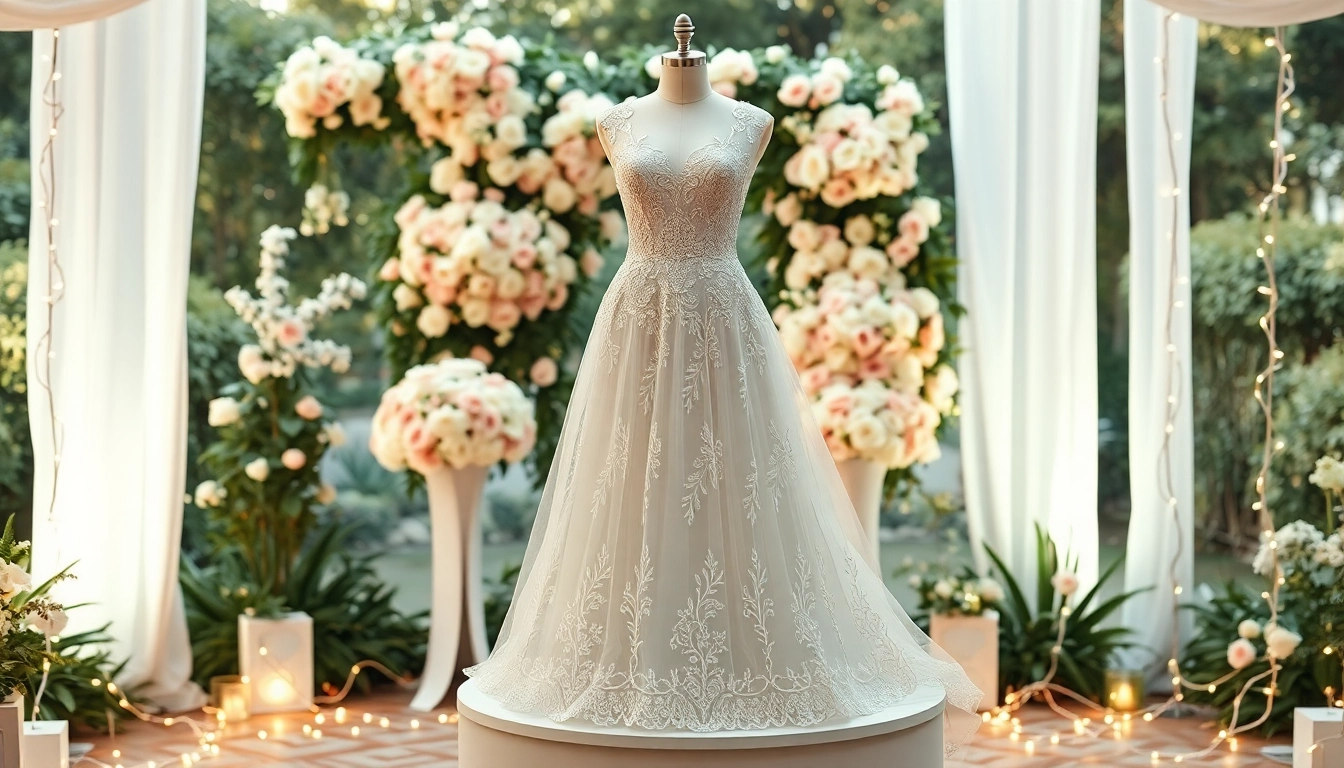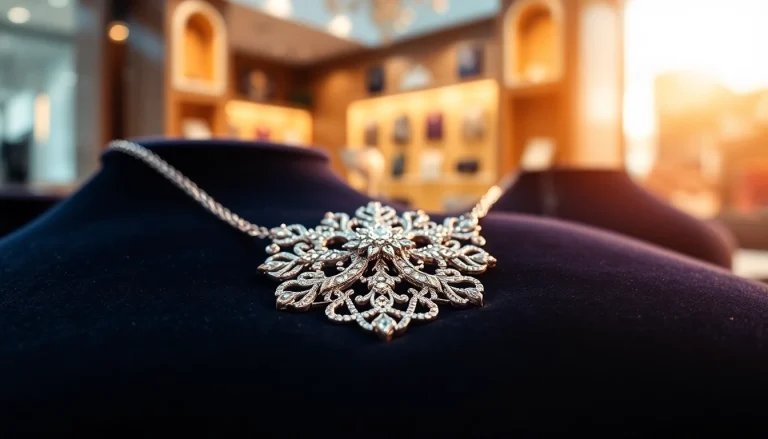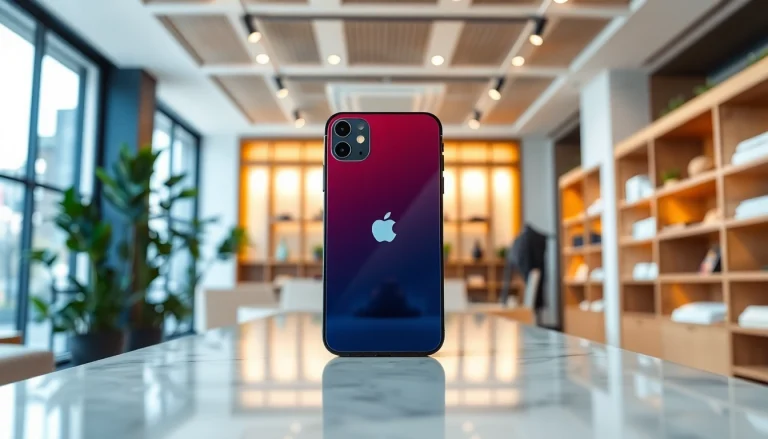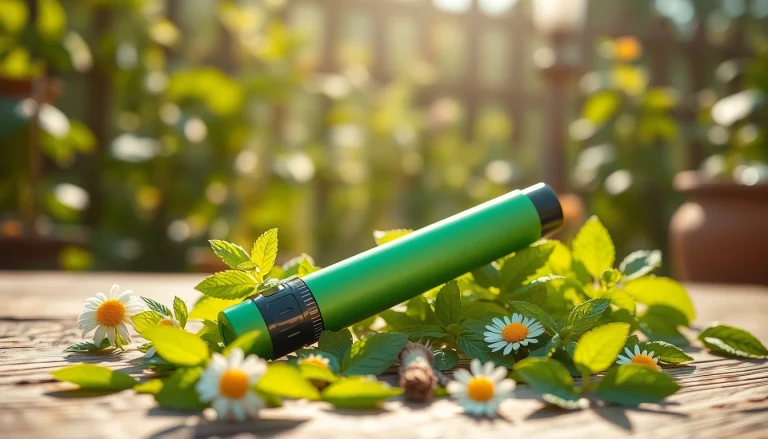Understanding Reception Wedding Dresses
When wedding planning begins, one of the most exciting tasks is selecting the perfect Reception Wedding Dresses. Unlike traditional bridal gowns designed for the ceremony, reception wedding dresses offer brides an opportunity to showcase their personality and style in a more relaxed setting. From playful and festive to elegant and poised, choosing the right reception dress is both a significant and enjoyable choice on the journey to your big day.
What Makes a Reception Wedding Dress Unique?
Reception wedding dresses serve a distinct purpose beyond that of a standard wedding gown. Typically, these dresses are designed for comfort and movement, allowing brides to enjoy their reception without the constraints of heavier fabrics or elaborate designs often found in formal wedding dresses. The unique aspect of a reception dress lies in its versatility; it can be a complete departure from the bridal gown or a complementary piece that adds to the overall theme of the day.
Key Features to Look For
When searching for the ideal reception wedding dress, several key features should be considered: fabric choice, silhouette, style details, and overall comfort. The fabric should be lightweight and breathable, particularly if the wedding takes place during warmer months. Silhouettes can range from A-line to fitted options, each offering different levels of comfort and movement. Additionally, incorporating fun embellishments such as beading or lace can add personal flair to the dress, making it stand out in a crowd.
Common Benefits of Choosing the Right Gown
Choosing the right gown can significantly enhance a bride’s experience on her wedding day. A well-suited reception dress provides comfort, allowing the bride to dance, mingle with guests, and partake in celebrations without feeling restricted. Moreover, a thoughtfully chosen dress reflects the bride’s personal style, helping to create lasting memories in photos and throughout the event. It also allows for a seamless transition from the ceremony to the reception, reinforcing the overall theme of the wedding.
Popular Styles of Reception Wedding Dresses
Classic and Timeless Designs
Classic reception dresses are perfect for brides who appreciate tradition while wanting to give a nod to modern trends. These gowns often incorporate timeless elements such as lace, tulle, or satin, providing a sophisticated look that remains elegant through the years. Styles may include tea-length dresses or structured ball gowns with simple lines that flatter many body types.
Modern and Trendy Options
For those seeking something more contemporary, modern reception wedding dresses feature playful designs, bold colors, and experimental cuts. Popular trends include high-low hemlines, off-the-shoulder designs, and metallic fabrics that bring a touch of glam to the event. These dresses often emphasize unique silhouettes and may incorporate unexpected elements such as cut-outs or asymmetrical details, appealing to the fashion-forward bride.
Bohemian and Vintage Inspired Choices
Bohemian and vintage-inspired reception dresses capture the essence of free-spirited and romantic brides. These styles often feature flowing fabrics, intricate embroidery, and earthy tones that evoke a sense of nostalgia and charm. Ideal for outdoor or rustic weddings, these dresses may include floral patterns, cap sleeves, or soft lace detailing, creating an effortlessly chic look that complements the natural surroundings.
Choosing the Right Fabric and Fit
Reviewing Fabric Options for Comfort and Style
The fabric of a reception wedding dress plays a crucial role in both comfort and aesthetics. Brides should consider materials such as chiffon, silk, and organza for their lightweight and draping qualities. These fabrics breathe well and allow for ease of movement – essential for an evening filled with dining and dancing. Additionally, incorporating a lining made of breathable materials can enhance comfort even further supporting the wearer’s experience throughout the event.
What to Consider for Different Body Types
Understanding body types and choosing dresses that flatter specific silhouettes is essential for any bride. A-line dresses are universally flattering, making them a safe option for many body shapes. Curvier brides may opt for fitted styles that accentuate the waist, while those who are taller might be drawn to sheath dresses that define long, striking lines. Ultimately, it’s about recognizing what works best for the individual’s shape and enhancing features they want to highlight.
Importance of Tailoring Your Dress
Tailoring can make all the difference in how a reception wedding dress fits on a bride’s body. Custom alterations ensure that the dress fits perfectly, accommodating personal measurements and allowing for adjustments that enhance the overall look. Engaging a skilled professional for tailoring can elevate the gown, making it feel like a bespoke piece that adds confidence and comfort to the bride’s experience.
Accessorizing Your Reception Wedding Dress
Essential Accessories for a Complete Look
Accessories can transform a reception wedding dress from simple to stunning. Essential accessories include statement jewelry, such as chandelier earrings or a bold necklace, that draws attention without overpowering the gown. Additionally, incorporating a stylish belt or sash can define the waistline and add an extra pop of detail. A chic clutch or handbag can also elevate the ensemble and offer functionality.
Choosing Appropriate Footwear
The right footwear is crucial when selecting accessories for a reception wedding dress. Comfortable and stylish shoes will allow brides to maneuver effortlessly throughout the event. Options may include elegant sandals, classic pumps, or even playful flats, depending on the dress style and venue. Brides should also consider the flooring of the reception venue—heels may sink into grass while a flat sole may be more suitable for a beach setting.
Decorative Elements to Enhance Your Dress
Adding decorative elements such as veils, hairpieces, or floral crowns can personalize the entire look and enhance the overall aesthetic. Brides should choose elements that complement their hair and makeup without competing with the elegance of the dress. Subtle floral accents, for instance, can tie in wedding colors and themes while adding a romantic touch to the appearance.
Tips for Looking Your Best on the Big Day
Practice and Prepare for Your Ceremony
Preparation doesn’t just end with choosing the dress; practicing walking and dancing in the reception gown is essential to feeling confident on the big day. Brides can simulate movements they’ll use as they navigate the ceremony and reception, ensuring the dress’s fit remains comfortable and that each detail falls perfectly in place. This will also help to eliminate any concerns about how the dress will behave during the event.
How to Preserve Your Dress Post-Wedding
Preserving the dress post-wedding is a critical step to ensure its longevity. Many brides choose to have their gowns professionally cleaned and preserved within the first few weeks after the ceremony to prevent stains from setting. Storing the dress in a breathable garment bag and avoiding direct sunlight can also help maintain its quality for future generations or for brides who desire to wear their gowns again.
Shared Experiences: Learning from Other Brides
Connecting with other brides can provide valuable insights and inspiration for selecting a reception wedding dress. Many brides share experiences on forums, social media groups, or blogs, offering practical advice based on what worked for them and what didn’t. These shared experiences can help others avoid common pitfalls, ensuring that every bride can feel confident and radiant on her special day.







